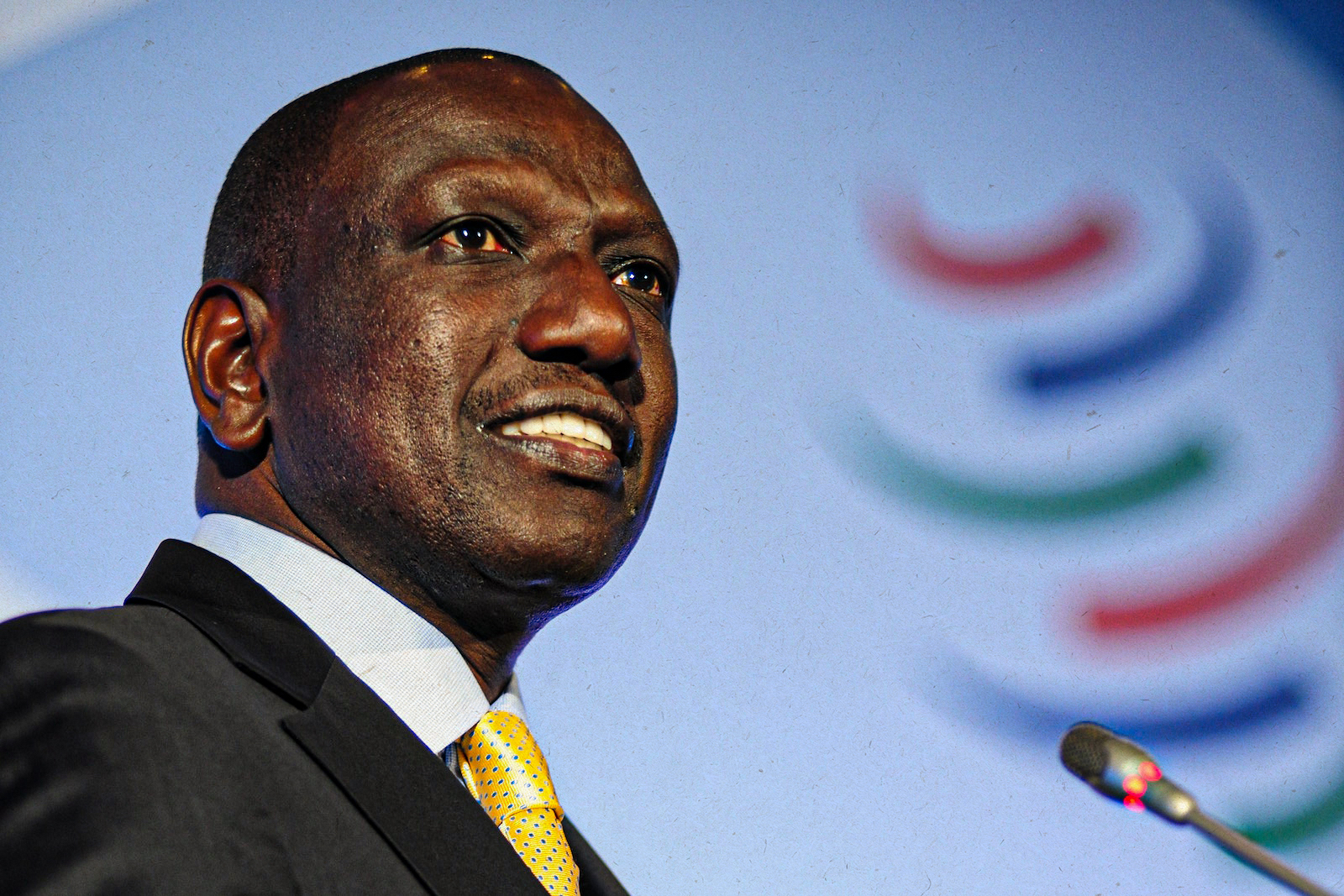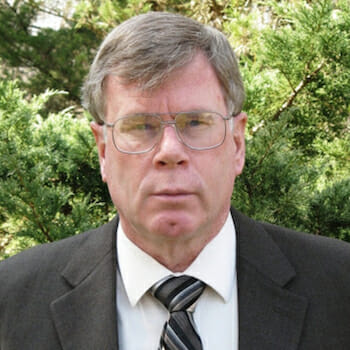
What to Make of Kenya’s Presidential Election Results
Of Kenya’s seven electoral commission board members, four have stated that irregularities in the August 23rd vote count prohibited the results from being declared. The reason for the commission consisting of odd numbers is to prevent a tie and prohibit one member’s decision from becoming more important than the others. Violating this principle, Wafula Chebukati, the commission chairman, has taken it upon himself to overrule the majority and declare William Ruto, Kenya’s deputy president, the winner.
This action not only undermines the electoral process but the entire future of the country. From all appearances, Chebukati “overruling of the majority” may not just apply to the board, but to all voters. When the result of any activity is contested, time needs to be dedicated to the achievement of a proper resolution. A sudden rush to judgment, especially against majority consensus, validates suspicions of impropriety.
Considering Ruto, as the New York Times describes him, “the self-proclaimed champion of Kenya’s ‘hustler nation,’” it must be accepted that nothing is beneath his ethics deficit. It is within his character to use his current position to manipulate his way into the presidency. A week before the election, polling placed Ruto in second place at 41%. Ruto’s politics and extensive history of corruption had influenced Uhuru Kenyatta, the outgoing president, to endorse his opponent, former Prime Minister Raila Odinga.
Examples of Ruto’s corruption include deceiving public officials into turning property over to him which was then used for building a hotel next to an airport, a land grab from a children’s school, and the dubious acquisition of 900 acres of land. Per court ruling, Ruto was forced to compensate a victim for illegal seizure and eviction.
The presidential election was a choice between four candidates. Besides William Ruto and Raila Odinga, the other two candidates were George Wajackoyah, and David Mwaure. If over fifty percent is not gained in the initial vote, the top two candidates must compete in a run-off election. Majority rule is the foundation of Kenya’s constitution.
The irregularities being pointed out by the majority of the electoral commission board members cannot be ignored. It is inconceivable that Ruto was able to come from behind in polling before the election to be declared the winner against the three other candidates but it seems unlikely given his deficit.
According to a survey released a week before Kenyans headed to the polls, 47% of respondents indicated that they would opt to vote for Raila Odinga. And yet, William Ruto won with 50.5%.
While the majority of the electoral commission is being ignored, the appearance exists that the majority of all Kenyan voters is also being overruled by one person’s decision to bless a shady election. A question for the near future is what position commission chairman Wafula Chebukati will be filling should Ruto be allowed to become president.
Kenya’s Supreme Court will judge the validity of the election. Odinga says he has evidence of serious manipulation in support of Ruto. A proper and thorough review of all the evidence must be conducted. Transparency in the decision-making process is a must. None of these standards have been achieved thus far.
To avoid the violence that has plagued so many African countries following shady elections, Odinga has stated that he will accept the decision of the Supreme Court. This placing of trust in the judiciary does not just concern Odinga and his bid for the presidency – it concerns all of Kenya, now and well into the future.
In 1963, Kenya embraced democracy and freedom by declaring its independence from Great Britain. With that embracement, comes a warning best stated by former President Ronald Reagan, “Freedom is never more than one generation away from extinction.”
Should Ruto become the next president, Reagan’s warning may well become a reality. Ruto will be free to use the presidency to take from the people of Kenya to continue building an empire centered on himself. The adage “Power corrupts, absolute power corrupts absolutely” has long been applied to Ruto.

